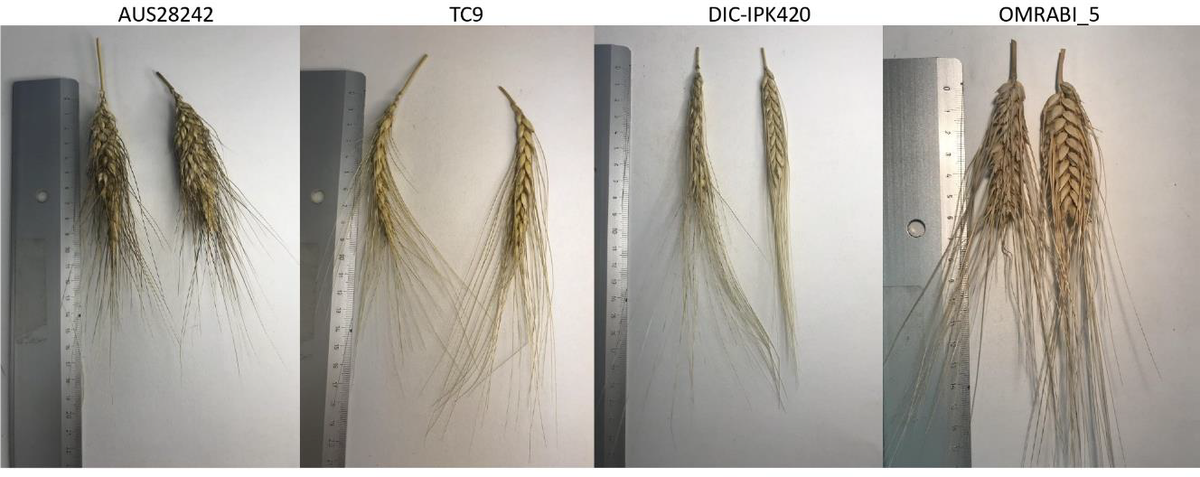
The EU is the largest producer of wheat and Italy is the major producer of durum wheat. This crop, is particularly sensitive to prevailing weather conditions, which affect not only yield but also grain nutritional values and processing quality. Finding ways to counteract the effects of climate change on the yield and quality of durum wheat crops is a big challenge for the Mediterranean Basin, as well as all over the globe. The aim of this research is to create a collection of durum wheat germplasm accessions originating not only from the Mediterranean Basin, but also worldwide. The accessions will be characterized according to (i) adaptation to weather conditions, and (ii) nutritional value of the grain. In order to cover the main domestication steps of wheat, they will include wild species, landraces, old cultivars, and advanced cultivars. This will deepen current knowledge about durum wheat domestication, and adaptive traits to climate change. It will also provide an exhaustive comparison of the nutraceutical characteristics of grains of different origins.
